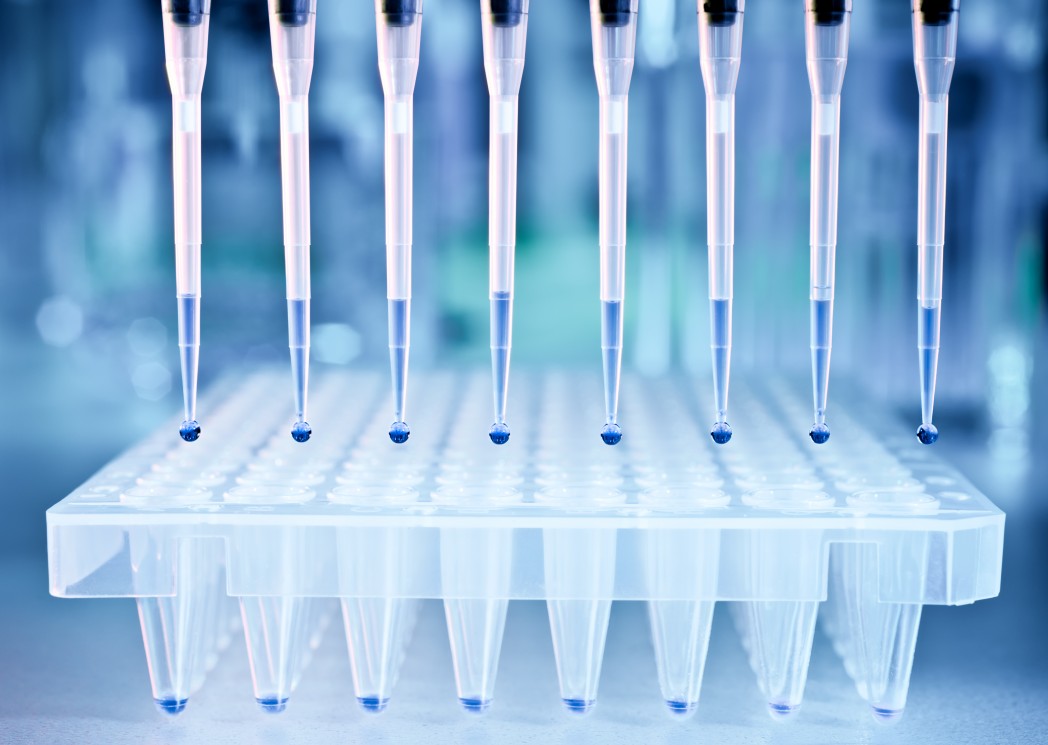Rutgers Awarded $6M Grant to Manage NINDS Stem Cell Repository

The Rutgers’ Human Genetics Institute of New Jersey, home to RUCDR Infinite Biologics — the world’s largest university-based biorepository — announced it has received a 5-year grant from the National Institute of Neurological Disorders and Stroke (NINDS). The $6 million funding will allow Rutgers to assume management of the NINDS stem cell repository, and enable RUCDR to provide an extensive range of stem cell services, including those that involve derivation and quality control of induced Pluripotent Stem Cells (iPSCs). These services will cater to and greatly benefit scientists worldwide, whose works focus on findings solutions to Parkinson’s, amyotrophic lateral sclerosis (ALS), and Huntington’s disease. This ultimately means international access to higher quality stem cells and other specimens.
“Under this new grant from NINDS, we will be utilizing innovative technologies, including molecular characterization of stem cell pluripotency and genomic stability, to provide the highest quality cell lines and data to advance discovery in areas of focus for NINDS,” said Jay Tischfield, CEO and founder of RUCDR Infinite Biologics and the Duncan and Nancy Macmillan Distinguished Professor of Genetics at Rutgers. “We also will use cutting-edge methods such as CRISPR-based systems to edit the genomes of induced pluripotent stem cells, generating powerful tools for research into the genetic causes and correlates of nervous system disorders.”
Since 1998, RUCDR has been providing genomic services to NIH-funded researchers, and since 2011 stem cell services, including the management of the National Institute of Mental Health (NIMH) Stem Cell Center and the iPSC collection of the NIH Center for Regenerative Medicine.
In a newly published paper in the Science Translation Medicine journal entitled “Human endogenous retrovirus-K induces motor neuron disease“, researchers from the National Institutes of Health found ancient viral genes left in the human genome might awaken to harm neurons and contribute to the development of amyotrophic lateral sclerosis (ALS) like syndrome. These findings propose a strong link between HERV and ALS, which raises the question of whether antiretroviral drugs like those used in HIV cases may help ALS patients.






